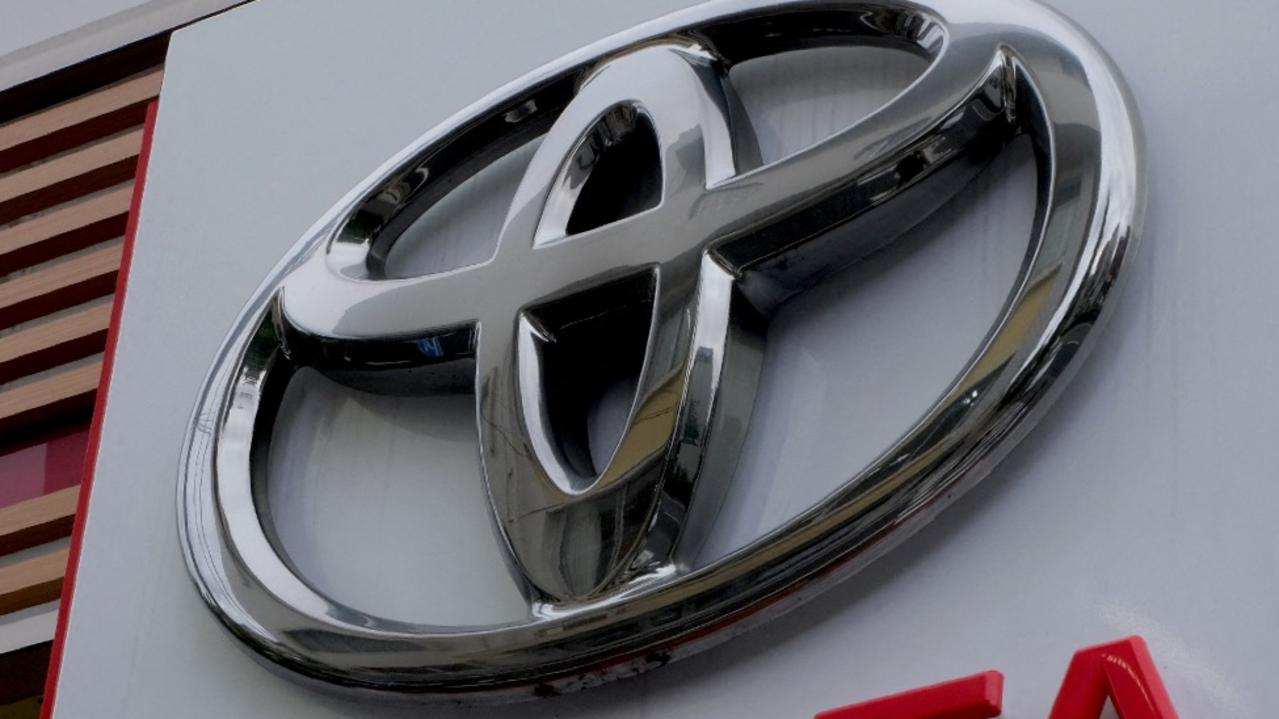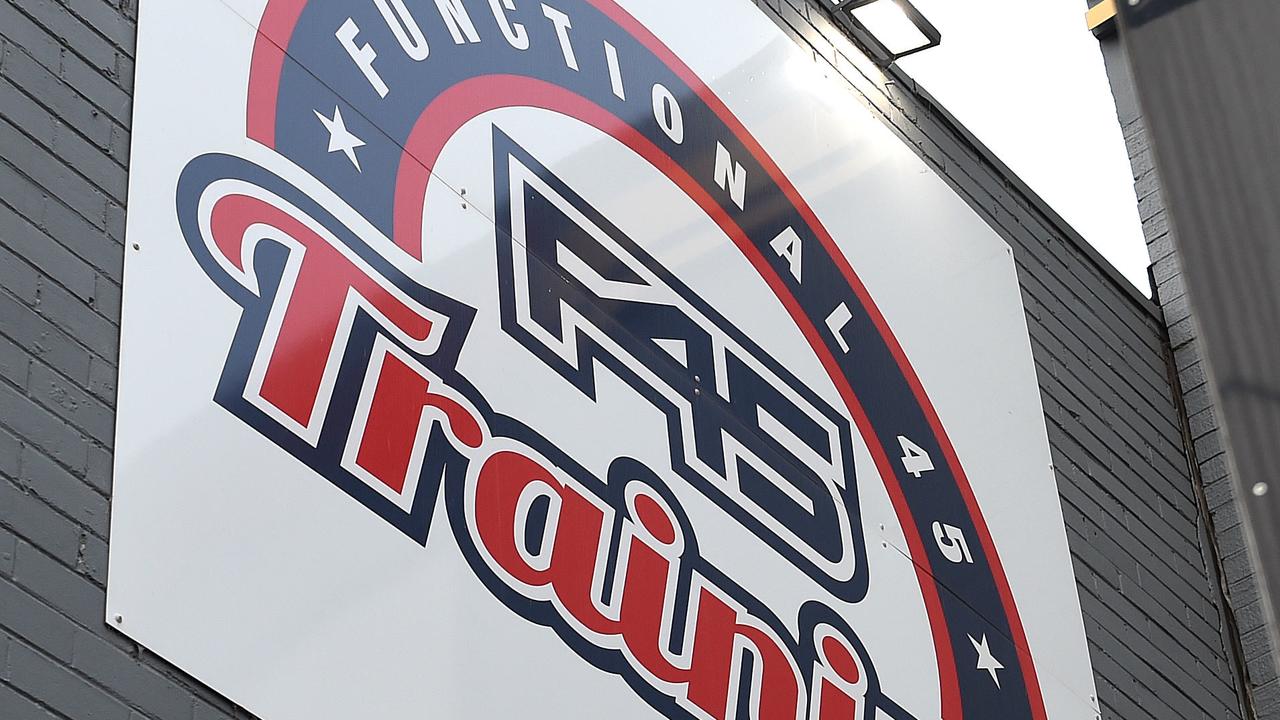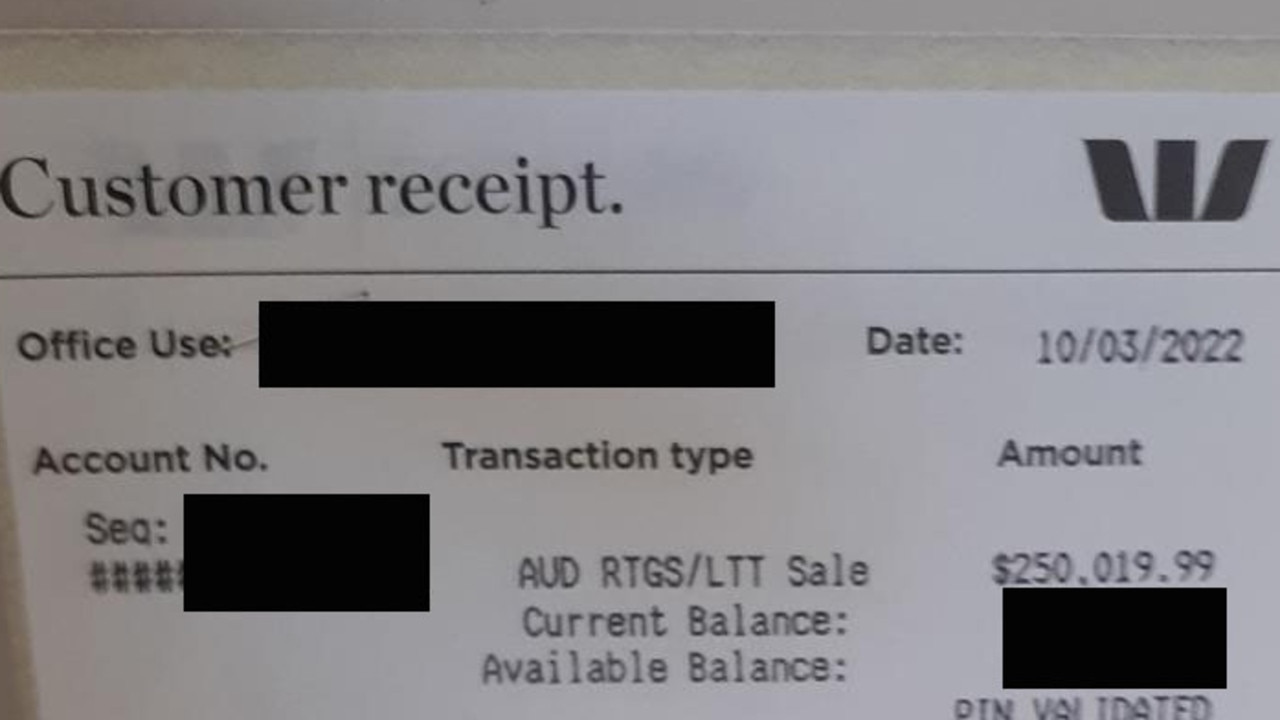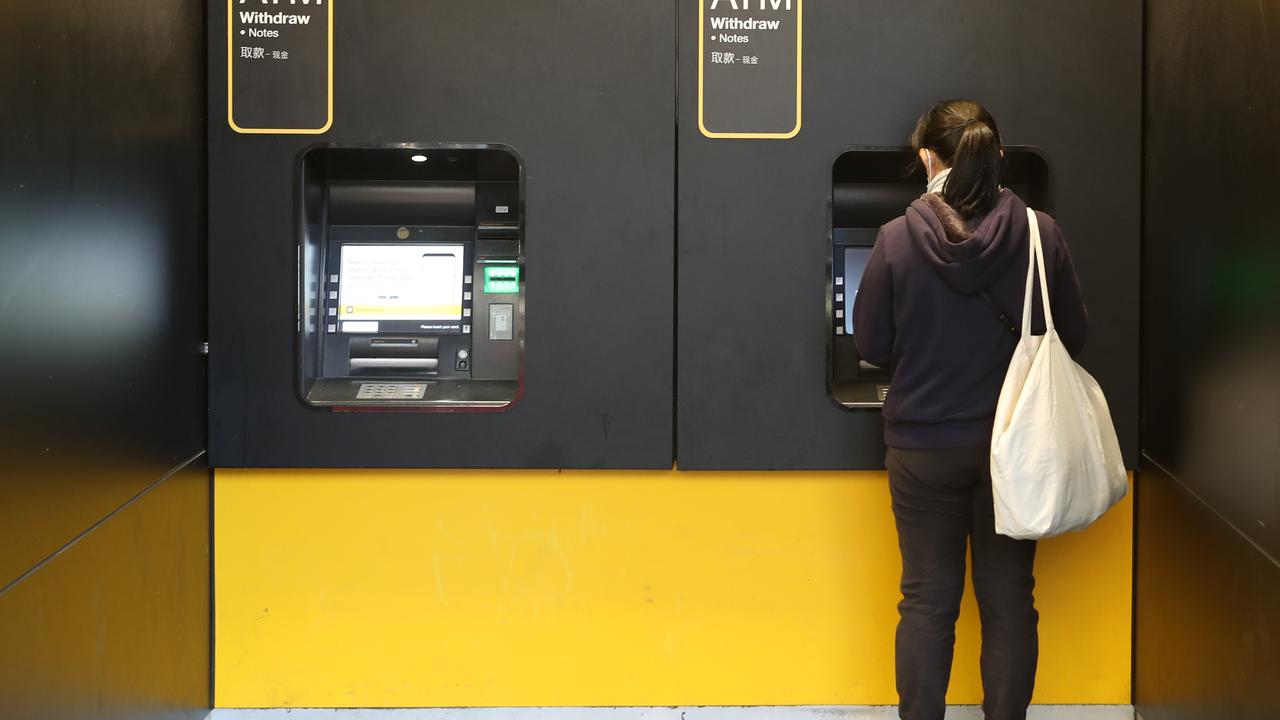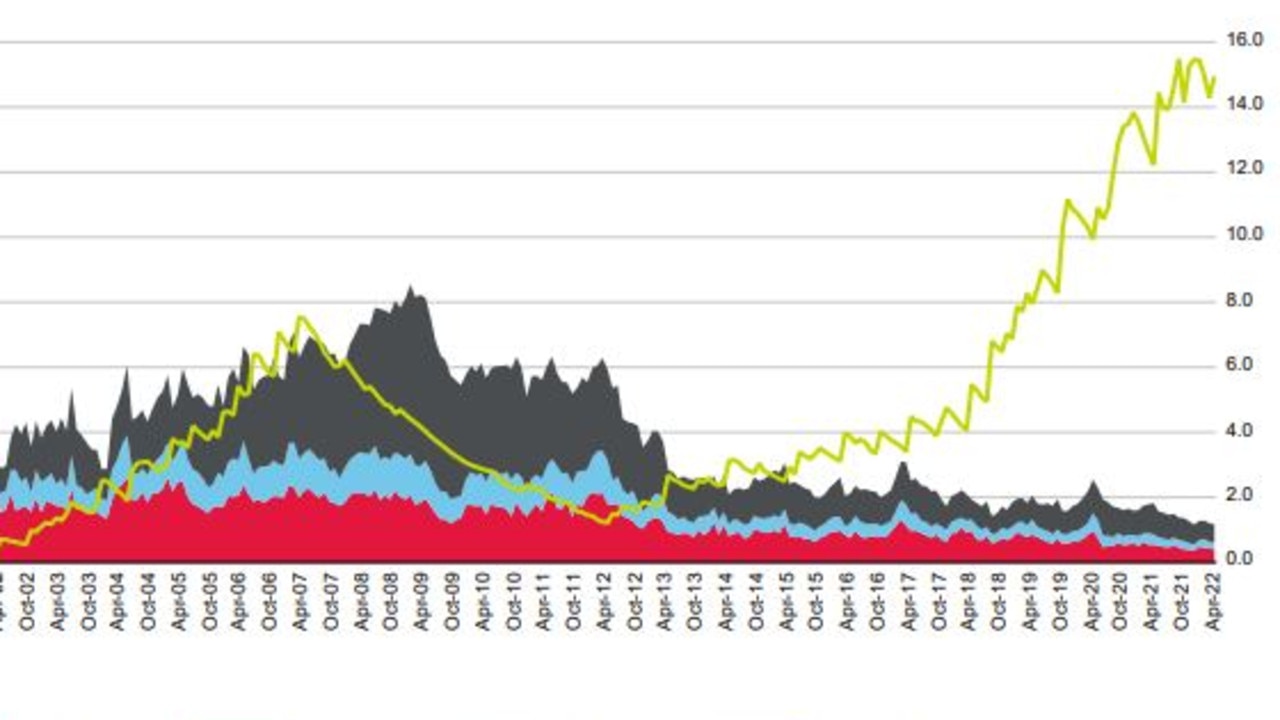An Australian class action law firm is taking on a subsidiary of Toyota over concerns that the carmaker faked data so that it could receive tax breaks from the government.
Bannister Law announced on Monday that it is investigating Hino Motor Sales Australia, which manufactures trucks and buses sold around the globe and is an affiliate of Toyota.
Hino has sold an estimated 860,000 vehicles with the promise of having low exhaust emissions and good fuel economy when the data had actually been faked.
Bannister Law said it was trying to see if Hino had breached the Road Vehicle Standards Act 2018 and the Motor Vehicle Standards Act 1989 and is considering launching a class action.
It comes just a few days after revelations from earlier this month that Hino Motors had falsified emissions data on some engines going back almost 20 years.
The truck-maker said an engine data falsification scandal had started as far back as 2004 and not in 2016 as previously admitted.
Globally, it’s understood there are 26 different engine types impacted by the tampered data, and 860,000 vehicles have been caught up in the scandal altogether. At least 39,000 Hino vehicles have been sold in Australia from 2012 to 2021, but it is unclear if all or just some of them were falsely represented to customers.
Hino had to recall 47,000 vehicles made between April 2017 and March this year over the data scandal. An additional 20,900 will be recalled in the near future.
Bannister Law is calling for all Australians who owned or leased a Hino vehicle at any point between 2004 and 2021 to register in an online form.
It is so far unclear which truck models were impacted by the scandal.
Just three days ago, to US law firm, Lieff Cabraser, started a class action against Hino over the same concerns.
“Lieff Cabraser is investigating reports that Hino Motors and majority Hino owner Toyota Motor Corporation (the Japanese parent of Toyota North America) have publicly admitted to intentionally cheating on their bus and truck vehicles’ emissions,” the legal company stated.
The case has been brought to the Southern District of Florida and the firm confirmed it was seeking more than $5 million in damages.
In March this year, Hino announced it had discovered widespread tampering evidence dating back to September 2016 and engaged an independent committee to investigate.
But in early August, that committee came back with a damning report that found the malpractice stretched back as far as 2004.
Investigators stated in their findings: “Hino cannot escape the determination that it made a false report.”
It was also discovered that a tax reprieve was a key motivator behind the malpractice.
Hino “aimed to achieve the fuel consumption standards in order to be eligible for tax preferential treatment but failed to achieve its goal, and thus, it engaged in misconduct by intentionally adjusting the calibration values of the fuel flowmeter in order to meet the specification values required. for application,” the report also stated.
Data was also falsified by measuring “the idling fuel flow quantity before the fuel flow quantity was stabilized and engaged in misconduct by intentionally selecting advantageous fuel consumption data”.
The findings, led by committee chairman Kazuo Sakakibara, claimed employees were not offered “psychological safety” and were “unable to change” due to the company’s past successes.
Representatives at Hino said the scandal was brought on by an “environment where engineers did not feel able to challenge superiors”.
Hino’s president Satoshi Ogiso apologized to reporters after the report’s bombshell findings, claiming the company’s management took its responsibilities and public image seriously.
Mr Ogiso said he received a message from Toyota president Akio Toyoda, who reeled at the scandal, accusing Hino of betraying the trust of company stakeholders.
In a statement, Hino said it “deeply apologizes for any inconvenience caused to its customers, shareholders, investors and other stakeholders”.
“Hino is currently investigating the impact of these matters on its earnings and will disclose any updates as appropriate in a timely manner,” it added.
News.com.au has contacted Hino for comment.
Bannister Law won the recent class action against Toyota for DPF issues and also won cases against Volkswagen and Audi. It is currently conducting a class action against Mitsubishi.
.
